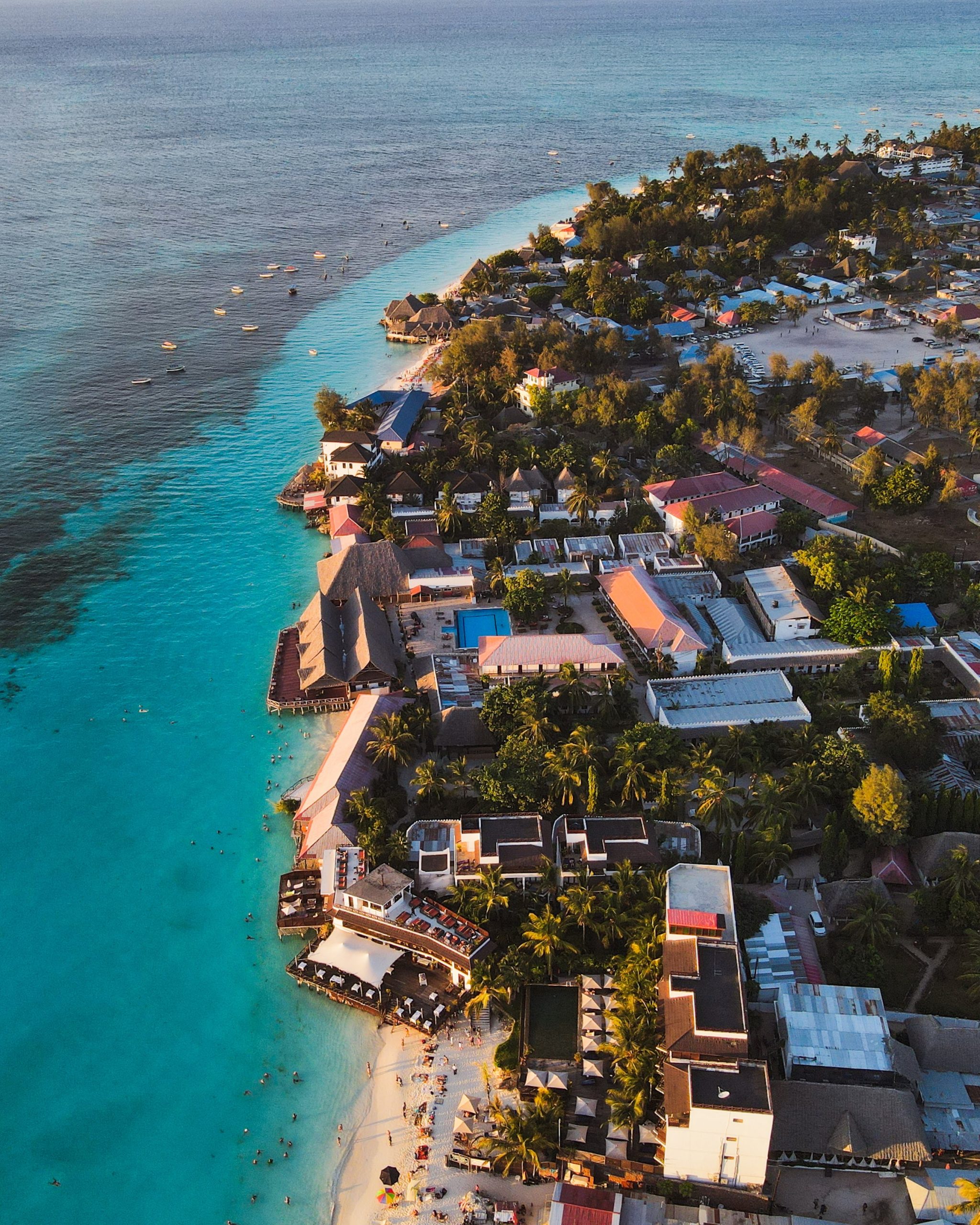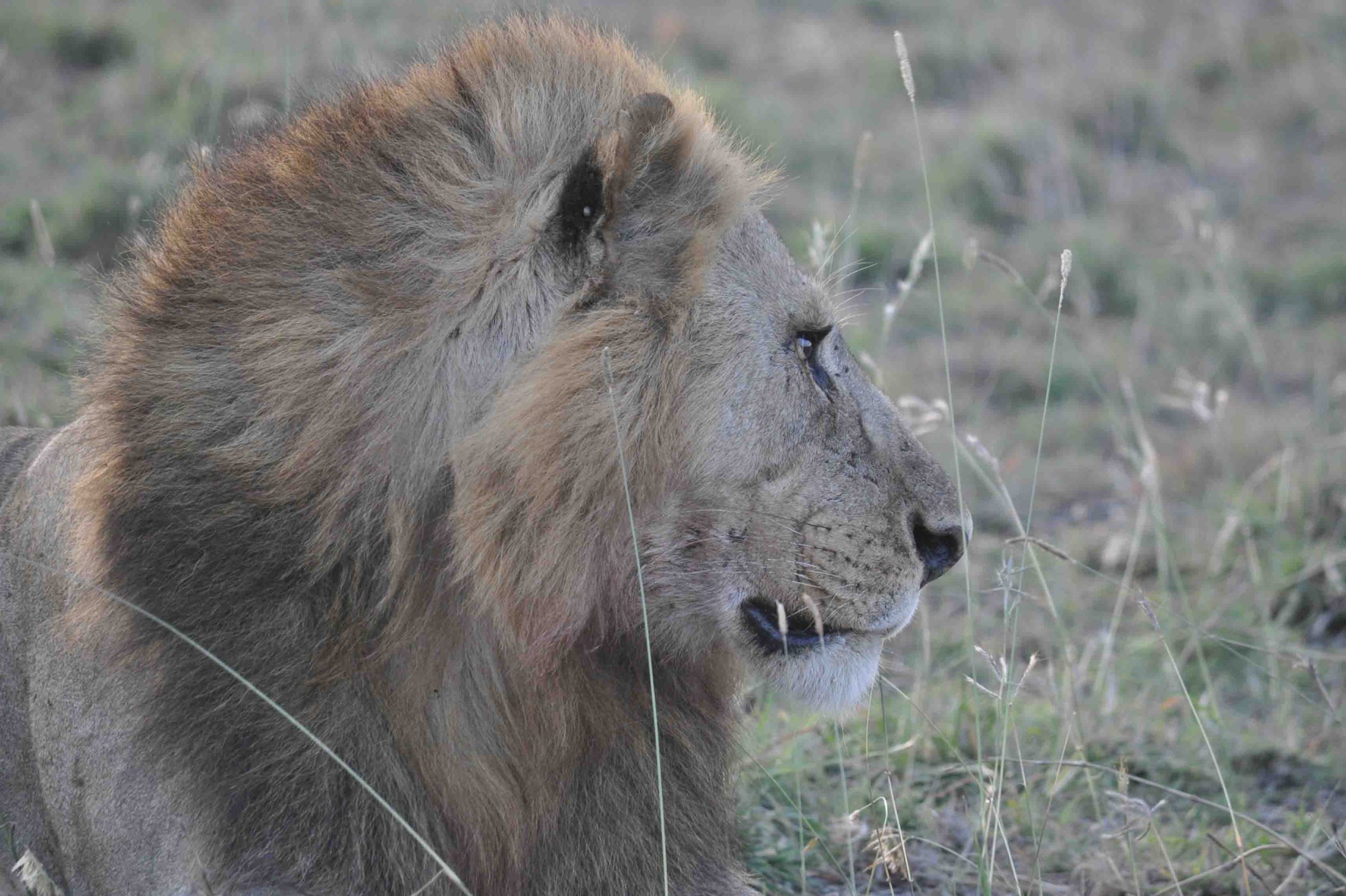Tanzania offers excellent safari opportunities year-round, but the best time depends on what you want to see:
The Great Migration is one of the world’s most spectacular wildlife events, where over 1.5 million wildebeest, zebras, and gazelles migrate across the Serengeti in search of fresh grazing.
Tanzania is home to a variety of stunning national parks:
The ideal safari length depends on your interests and the areas you wish to cover:
We offer a wide range of safari experiences tailored to different interests:
Key items to pack for a safari include:
Yes, Tanzania is considered one of the safest safari destinations in Africa. Our experienced guides are trained to ensure your safety while on game drives or walking safaris. We also adhere to strict safety protocols at lodges and camps. It is advisable to follow the guidance of your guide and avoid wandering unaccompanied in wildlife areas.
Tanzania offers a wide range of accommodations, from budget campsites to luxury lodges. We offer:
Yes, it’s possible to see the Big Five (lion, leopard, elephant, buffalo, and rhino) in Tanzania, especially in parks like Serengeti and Ngorongoro Crater. However, sightings depend on wildlife movements and some animals, like the leopard and rhino, can be elusive.
Safaris are typically conducted in specially designed 4x4 vehicles with open roofs for optimal wildlife viewing. Game drives are led by professional guides who are knowledgeable about the wildlife and the environment. Depending on the itinerary, you may also have options for walking safaris or hot air balloon rides.
Yes! We offer combined safari and Zanzibar beach packages. After your thrilling safari experience, you can unwind on Zanzibar’s pristine beaches, explore Stone Town, or enjoy water activities like snorkeling and diving.
Yes, Tanzania is a great destination for family safaris. We can tailor itineraries to suit families with children, offering shorter game drives, family-friendly lodges, and cultural activities. However, some parks and activities may have age restrictions, especially for younger children.
Yes, most travelers will need a visa to enter Tanzania. You can apply for a visa online in advance or obtain one upon arrival at the airport. Check the specific visa requirements based on your nationality before you travel.
It is recommended to consult with your doctor before traveling to Tanzania. Common vaccinations include:
Booking is easy! You can contact us via our website, email, or phone to discuss your preferences, and we’ll help you customize the perfect itinerary. A deposit is usually required to secure your booking, with the balance due closer to the start of your safari.

